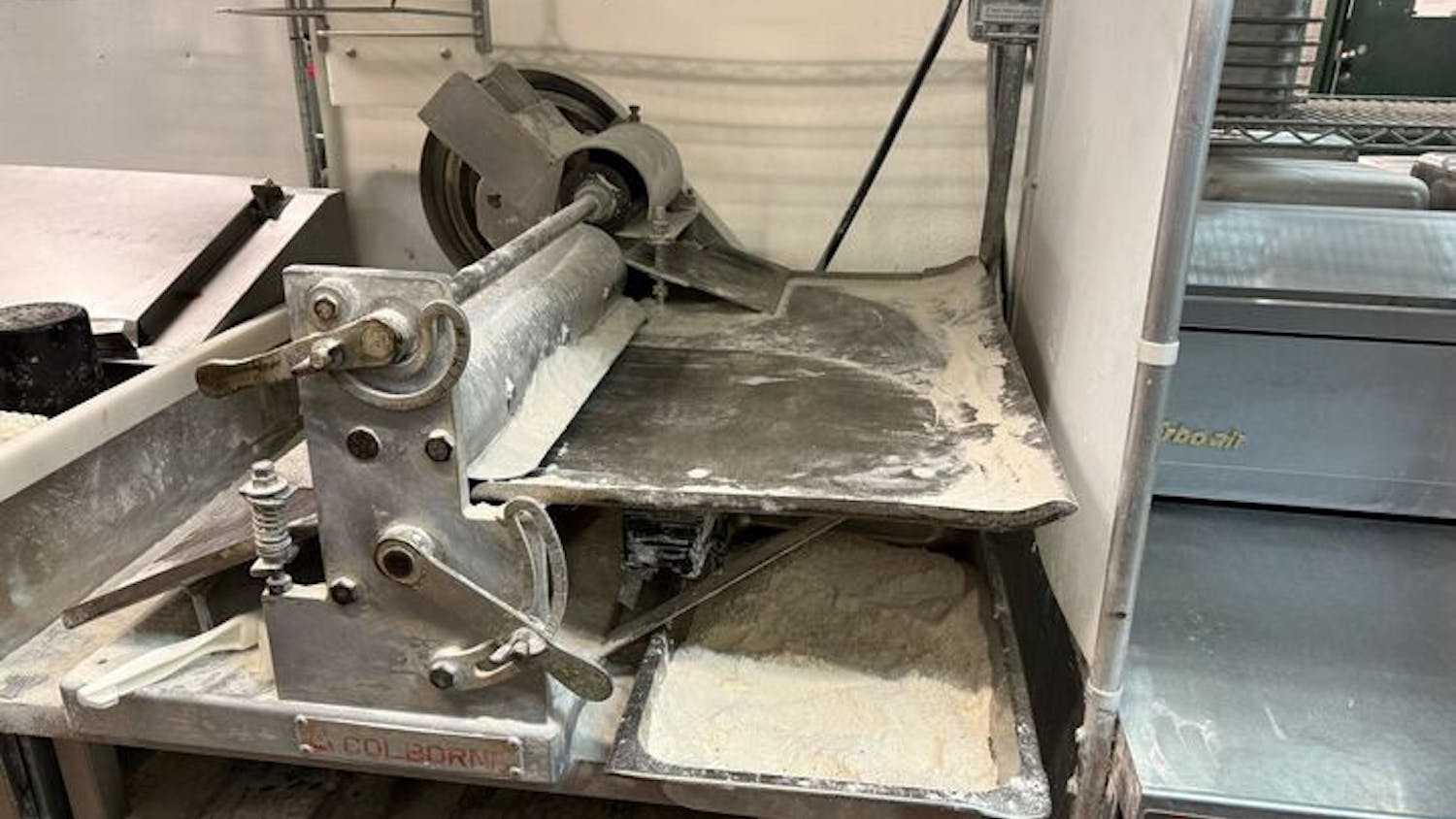I've been working through this grand scheme of farce vs. satire in modern film and TV. So far, all I have is a convoluted thesis that's totally at the whim of whichever mode of humor I prefer at the moment. The best way I can think of to flesh it out is to just go through some examples, so that's what I'll do with \Wet Hot American Summer."" Read quickly, because today is the last day of its short run in Madison.
""Wet Hot American Summer"" is somewhat of a spoof of the summer camp films of the '70s and '80s from the former MTV comedy troop responsible for ""The State."" Co-writers Michael Showalter and David Wain bring back some of their fellow ""State"" members, along with Janeane Garofalo and David Hyde Pierce, and set them into the last day of summer camp in 1981. It's a strange mix of different comic ideas and styles that might not blend well or at all, but still provides for some satisfying entertainment.
As a farce, the film is genius. By farce today, I mean a kind of surprising silliness. However, that implies innocence, the total contrast to ""WHAS""'s obscenity. Moments pop up when the movie breaks free of irony and satire and says something totally unexpected, something joltingly outrageous.
As dialogue, it's gut-bustingly funny. When Showalter's character mumbles, ""I want you inside me"" to his exiting crush, I admit I spit Coke. However, it's unanticipated situations are somewhat less funny, as when the counselors make a trip to town. But, overall, farce is where the truly funny humor of ""WHAS"" comes about.
Satire, though, provides the film's structure. A kind of knowing comment on everything, satire has ability to approach topics of importance from a new point of view, teaching society about its faults. Or, satire can just be easy jabs and snide tones. (Guess which mode of humor I prefer at this moment.) At its worst, ""WHAS"" fits into that latter mode.
Two-thirds of the way in, the movie falls into intentionally flat satire. The audience noticeably stops laughing for a large chunk, as the filmmakers stop having fun and start struggling to spoof. Part of what made the movie special up to that point was the pains it took to seem fresh and new. It even commented on the triteness of rehashing the end-of-summer softball game with the opposing camp, and it avoided that altogether. As soon as Showalter starts training to get his dream girl, the film takes a nosedive. The talent show, the science nerds saving the day, the raft approaching the waterfall'these are all intended to be self-satirizing. Even on some meta-level of satirizing satire that knows it's bad, it still doesn't work.
Graydon Carter, the editor of Vanity Fair, was recently attacked for declaring an end of irony. Maybe he just took it too far; maybe this should mark the beginning of the end of easy irony. It's lazy to just be a smart ass, to passive-aggressively pass judgement on the world. If you really want to be funny, do something unexpected. Do something that ""WHAS"" does before its climax. If you do it right like they did, it can more than save a sloppy movie.
If you manage to make it out tonight and enjoy ""Wet Hot American Summer,"" you might also like ""Kids in the Hall: Brain Candy"" or the episodes of ""The State"" out on video.





